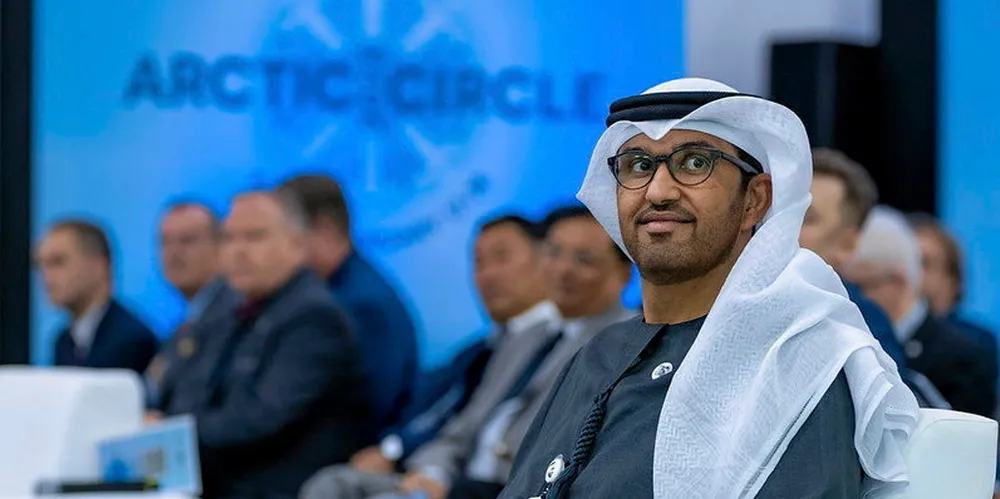Can COP28 make a global climate breakthrough in oil's backyard?
Summit kicks off amid complex challenges and suspicion over competing interests, but renewables can be a bright spot

Summit kicks off amid complex challenges and suspicion over competing interests, but renewables can be a bright spot
